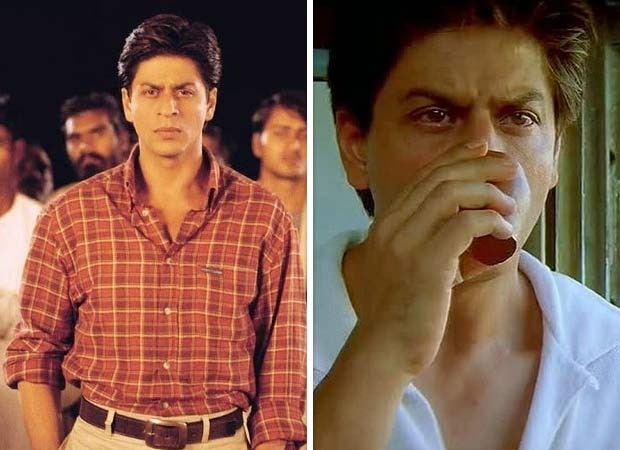A senior MVA leader, involved in the discussions, indicated that more talks would be held on Friday, and if necessary, they could continue on Saturday as the parties work towards a final agreement on seat-sharing in Maharashtra. (Image: PTI File)
According to sources familiar with the matter, the remaining 28 seats are proving difficult to negotiate because each of the three main parties has staked a claim to them.
The Maha Vikas Aghadi (MVA), the opposition alliance in Maharashtra, is nearing a decisive moment in its seat-sharing talks for the upcoming state assembly elections. Sources within the alliance have confirmed that a consensus has been reached on the division of 260 out of the 288 total seats. This agreement came after an intense meeting held in Mumbai on Thursday, where key leaders from Congress, Shiv Sena (UBT), and the Nationalist Congress Party (Sharad Pawar faction) came together to iron out the details.
While the 260 seats have been allocated, there are still 28 contentious seats that remain unresolved. According to sources familiar with the matter, these seats are proving difficult to negotiate because each of the three main parties has staked a claim to them. A senior MVA leader, involved in the discussions, indicated that more talks would be held today, and if necessary, they could continue on Saturday as the parties work towards a final agreement.
“All the alliance partners are eyeing the same key constituencies, so it’s taking time to come to a solution. But we are actively working on a formula that will keep everyone satisfied and give us the best chances of winning,” a senior leader of MVA told CNN-News18 on the condition of anonymity.
As per the information shared by a source within the MVA, the alliance has reportedly agreed to give Congress between 110 and 115 seats, as the party’s strong performance in the recent Lok Sabha elections was cited in negotiations. Meanwhile, Shiv Sena (UBT) is likely to field candidates in 83 to 86 constituencies, particularly focusing on its strongholds in Mumbai and the Konkan belt. The NCP (SP) is set to contest 72 to 75 seats, with a heavy focus on western Maharashtra, which remains a crucial battleground for them with Ajit Pawar-led NCP trying hard to win maximum seats in this belt and giving a major dent to Sharad Pawar’s party.
Although the broad framework has been established, the real challenge lies in resolving the status of the remaining 20 to 25 seats, which have emerged as flashpoints in the discussions. These seats are in regions where all three parties believe they have a significant chance of victory. According to insiders, it is this overlapping interest that has led to the current impasse. As negotiations continue, leaders are attempting to find a way to distribute these seats to maximise the alliance’s overall prospects in the election.
Another challenge for them is to accommodate smaller alliance partners like Samajwadi Party, who, this time, has demanded 12 seats in Maharashtra. SP leader Abu Aami has claimed that on all these 12 seats, the Samajwadi Party has a stronghold and chances of winning these seats are high. As of now, the SP has two MLAs in Maharashtra Assembly, one from Mumbai, and another from Bhiwandi. So far, no decision has been taken about Samajwadi Party’s demand, but MVA leaders have not closed all doors and have assured that the party will be accommodated in the alliance.
Present at the Mumbai meeting were key leaders such as Maharashtra Congress president Nana Patole, senior party leader Balasaheb Thorat, and Opposition leader Vijay Wadettiwar. NCP (SP) representatives included state president Jayant Patil, former home minister Anil Deshmukh, and former minister Jitendra Ahwad. Shiv Sena (UBT) was represented by prominent leaders Sanjay Raut and MP Anil Desai, both of whom have been at the forefront of the alliance’s strategy discussions.
In these discussion and meetings, the SP was not invited. As per a senior leader of the MVA, the Samajwadi Party, Left parties, and the Peasants and Workers Party will each be allocated two to three seats each. This inclusion of minor allies is part of the alliance’s broader strategy to consolidate opposition forces and create a united front against the ruling Mahayuti government.
One of the more heated parts of the negotiations has centered around regional strongholds. Uddhav Thackeray’s Shiv Sena (UBT) is pushing hard for more seats in the Mumbai and Konkan regions, where it has long-established roots. On the other hand, the Congress is eyeing a larger share of seats in Vidarbha, a region where it believes it can perform strongly. For the NCP (SP), western Maharashtra remains a key focus, with the party looking to maintain its influence in this crucial agricultural belt. Adding to the progress, the Congress parliamentary board met in Delhi on Wednesday to finalise candidates for 60 seats, further boosting the party’s preparations. While the focus remains on Maharashtra, each party is also mindful of how these elections will shape the larger political landscape in India.






